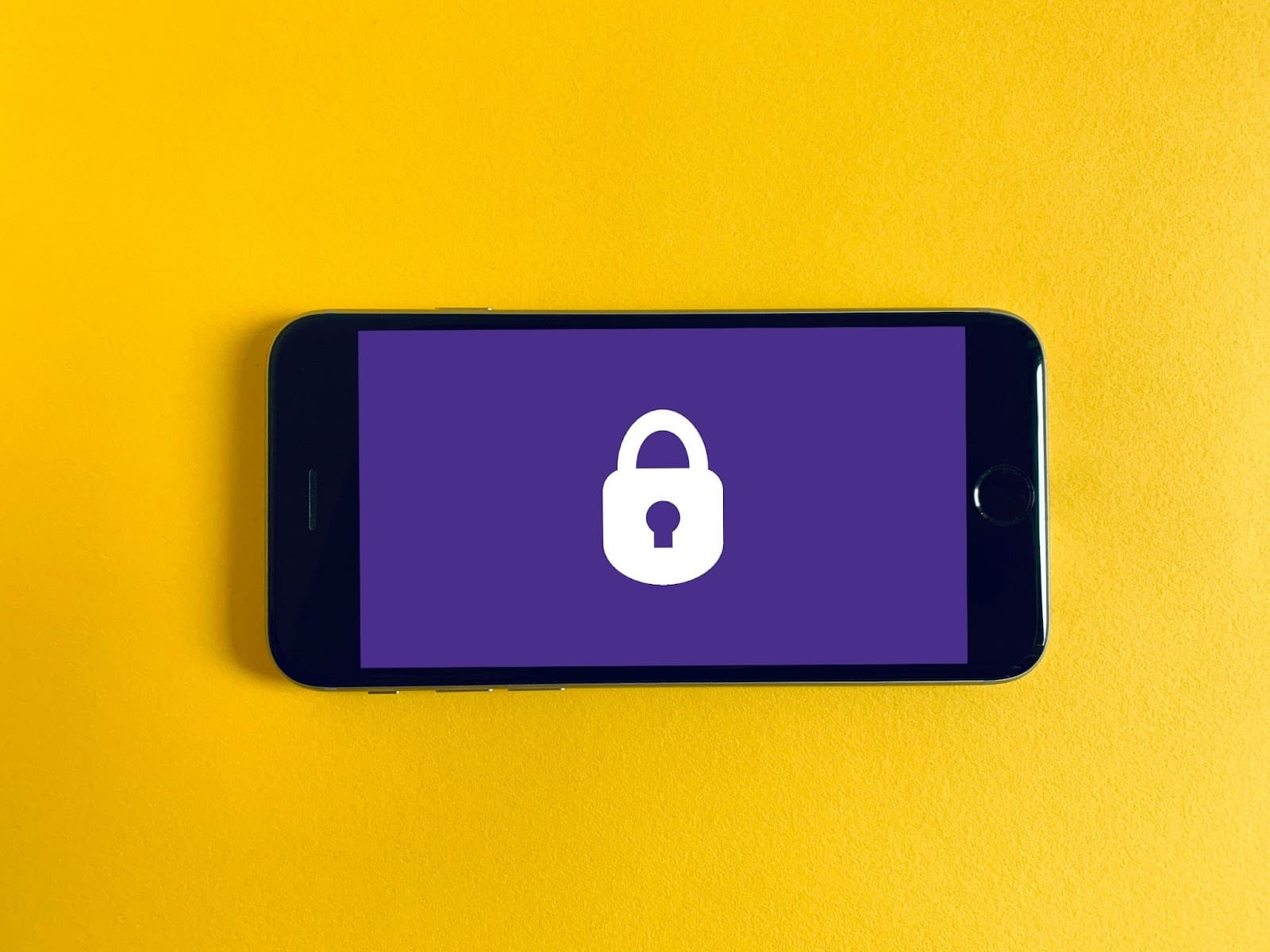Applications for Cryptocurrencies in Digital Identity Verification: The Role of Blockchain in Secure Authentication
In an era where personal data breaches and identity theft have become routine headlines, digital identity verification stands as one of the crucial aspects of online security. Blockchain technology and cryptocurrencies provide an innovative approach to solving these security challenges by creating secure, decentralized identification systems. But how exactly does this process work, and what advantages does it offer compared to traditional methods?
Why Blockchain Matters for Digital Identity
Traditional digital identity verification processes rely heavily on centralized databases, controlled by single organizations or governments. These centralized stores of information are prime targets for hackers. With blockchain, however, identities are stored across distributed networks, eliminating single points of failure.
Blockchain’s main appeal is its decentralized nature. By using cryptographic algorithms and consensus mechanisms, the authenticity and integrity of data are maintained securely. This reduces the risks associated with centralized data storage, such as identity fraud, hacking attempts, and unauthorized access.
Cryptocurrencies and Identity Verification
Cryptocurrencies can significantly enhance identity verification processes. Tokens can act as digital keys, allowing users to control their identities more independently. For instance, users might employ tokens to verify their identities across multiple platforms without repeatedly submitting sensitive personal details.
One promising scenario is self-sovereign identity (SSI), where users have complete ownership and control of their digital identities. Using cryptographic proofs stored on the blockchain, users authenticate themselves without revealing unnecessary personal details. This protects privacy while ensuring trustworthy verification.
Blockchain in Action: Decentralized Identity Platforms
Several projects have already demonstrated the practical benefits of blockchain in identity verification. Platforms like Civic, uPort, and Sovrin utilize decentralized ledger technologies to offer secure, user-controlled identity verification systems.
| Platform | Blockchain Used | Key Features |
| Civic | Ethereum | User-controlled identity verification, biometric integration |
| uPort | Ethereum | Decentralized identity management, data portability |
| Sovrin | Hyperledger Indy | Self-sovereign identity, privacy by design |
These platforms exemplify how blockchain can redefine digital authentication, putting power back into users’ hands and enhancing online trust.
Real-World Use Cases for Blockchain Identity Systems
Blockchain-based identity verification is gaining traction across various industries. For instance:
- Healthcare: Securely storing patient data and providing controlled, verifiable access to health records.
- Finance: Streamlining KYC (Know Your Customer) procedures, reducing fraud, and minimizing compliance costs.
- Travel: Simplifying identity verification processes at airports and border controls to enhance security and reduce waiting times.
Such examples demonstrate practical benefits, underscoring blockchain’s potential to transform digital identity management.
A Closer Look: Cryptocurrencies as Incentives
Cryptocurrencies not only secure identity verification but can also incentivize users to maintain accurate and updated identity records. Platforms may offer token rewards for users who regularly verify and update their credentials, keeping their digital identities reliable and trustworthy. This approach introduces positive reinforcement, creating a self-sustaining ecosystem.
Imagine getting tokens just for being yourself—a better deal than most dating apps offer!
Privacy Protection and User Empowerment
One of blockchain’s greatest strengths in identity verification is privacy. Users control their data, selectively sharing specific attributes rather than entire personal profiles. For example, a person needing age verification can prove they’re over 21 without revealing their exact birthdate or other sensitive details. Such selective disclosure significantly reduces risks associated with data breaches.
“Privacy is not about hiding; it’s about autonomy, empowerment, and dignity. It’s about controlling your own narrative.” – Ann Cavoukian, former Information and Privacy Commissioner of Ontario
Blockchain technology embodies Cavoukian’s principles, enhancing privacy and allowing individuals to dictate their online identities.
Blockchain Meets Entertainment: BetFury Polygon Casino
Blockchain’s impact goes beyond just serious security applications—it also reaches online entertainment. Consider BetFury Polygon Casino, which leverages blockchain for secure, transparent gaming. Players can securely verify their identities and transactions without repeatedly sharing sensitive information. Plus, users can transact in cryptocurrencies like MATIC seamlessly, benefiting from faster and cheaper transactions. For a deeper look into Polygon-based gaming, click here.
Challenges and Future Prospects
Despite the benefits, blockchain-based identity verification faces obstacles. These include scalability issues, the complexity of cryptographic management for average users, and regulatory hurdles. However, ongoing developments aim to resolve these barriers, paving the way for broader adoption.
Emerging innovations, such as zero-knowledge proofs (ZKPs), allow verification without exposing any personal data, further enhancing privacy and usability. Moreover, advancements in interoperability among different blockchain networks may soon enable seamless cross-platform identity verification, strengthening blockchain’s position in digital authentication.
Final Thoughts
Blockchain technology and cryptocurrencies present significant opportunities for improving digital identity verification. Decentralized systems ensure enhanced security, greater privacy, and user empowerment. As technologies mature, we can expect an increased reliance on blockchain to manage and secure digital identities, safeguarding personal data against misuse or unauthorized access.
As blockchain identity systems evolve, perhaps soon losing your wallet won’t mean losing your identity. Though, let’s be honest—keeping track of passwords is still a struggle no technology fully resolves!
